

Cannabis clinical trials and chronic disease: what the evidence really says
Clinical research has moved far beyond anecdotes. Randomized trials and systematic reviews now show where medical cannabis helps, where it helps a little, and where evidence is still emerging.
For inflammatory bowel disease, a small placebo-controlled trial of adults with active Crohns found THC-rich smoked cannabis improved symptoms and appetite, though it did not induce full remission; a separate trial using low-dose CBD found no benefit, underscoring that product, dose, and route matter. (ScienceDirect)
In chronic non-cancer pain, high-quality reviews of randomized trials report small to very small improvements in pain, function, and sleep with non-inhaled cannabinoids compared with placebo, alongside generally transient side effects like dizziness and sedation. These findings help set realistic expectations for patients seeking an alternative or adjunct to standard therapies. (BMJ)
Chemotherapy-induced nausea and vomiting is one of the oldest evidence-based uses. Trials with nabilone and dronabinol showed superior control versus some conventional antiemetics, a reason why prescription cannabinoid options still appear in oncology pathways today. (NCBI)
Multiple sclerosis spasticity is another area with supportive data. Health Canada notes clinical evidence that certain cannabinoids, including nabiximols, are associated with improvements in spasticity, spasms, pain, sleep, and bladder symptoms for some patients. (Canada.ca)
What about safety and approvals in Canada? Health Canada reminds clinicians that cannabis itself is not an approved therapeutic drug unless a specific product has a DIN and Notice of Compliance, such as nabiximols. At the same time, the federal program allows medical authorization at a practitioners discretion; patients can access regulated products or, with proper registration, produce for personal medical use. (Canada.ca)
If you are exploring how to get a cannabis prescription in Canada through a medical cannabis clinic Toronto patients trust, a clinician can authorize use, but doctors do not teach growing. Patient educators guide formats like oils, capsules, and vapourizing, and can discuss cultivation planning under a Medical Cannabis Grow Licence where appropriate. Veterans with PTSD may qualify for extra support; see our work with Grow Vets.
Bottom line: trials suggest cannabis may help some symptoms of chronic pain, MS spasticity, CINV, and select Crohns symptoms, but effects are often modest and product-specific. Decisions should weigh benefits, side effects, and your goals.
If you want personal guidance on medical cannabis in Ontario or any province, our patient educators and medical cannabis doctors in Canada can help you navigate authorization and, if needed, personal production rules. Start with a free chat and learn about safe, legal access at GrowLegally – Medical Cannabis Clinic in Toronto.
Previous Post
Next Post

Storing Medical Cannabis – Learn how to properly store your cannabis and keep its potency strong.
Go To Post
Before Acquiring Medical Marijuana, Here Are 2 Questions That Your Doctor Is Likely To Ask You (Plus a Bonus One!)
Go To Post



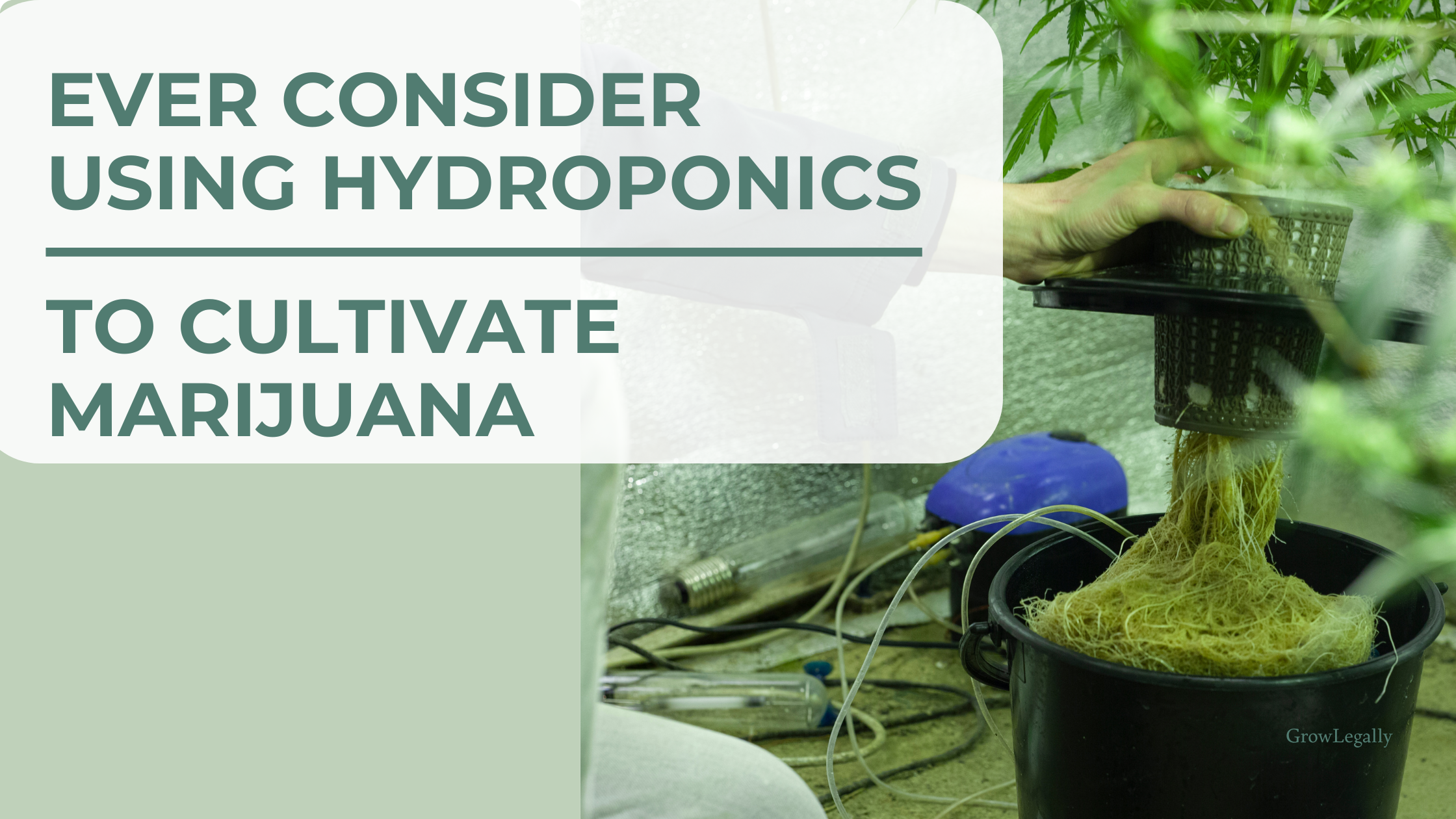

.png)
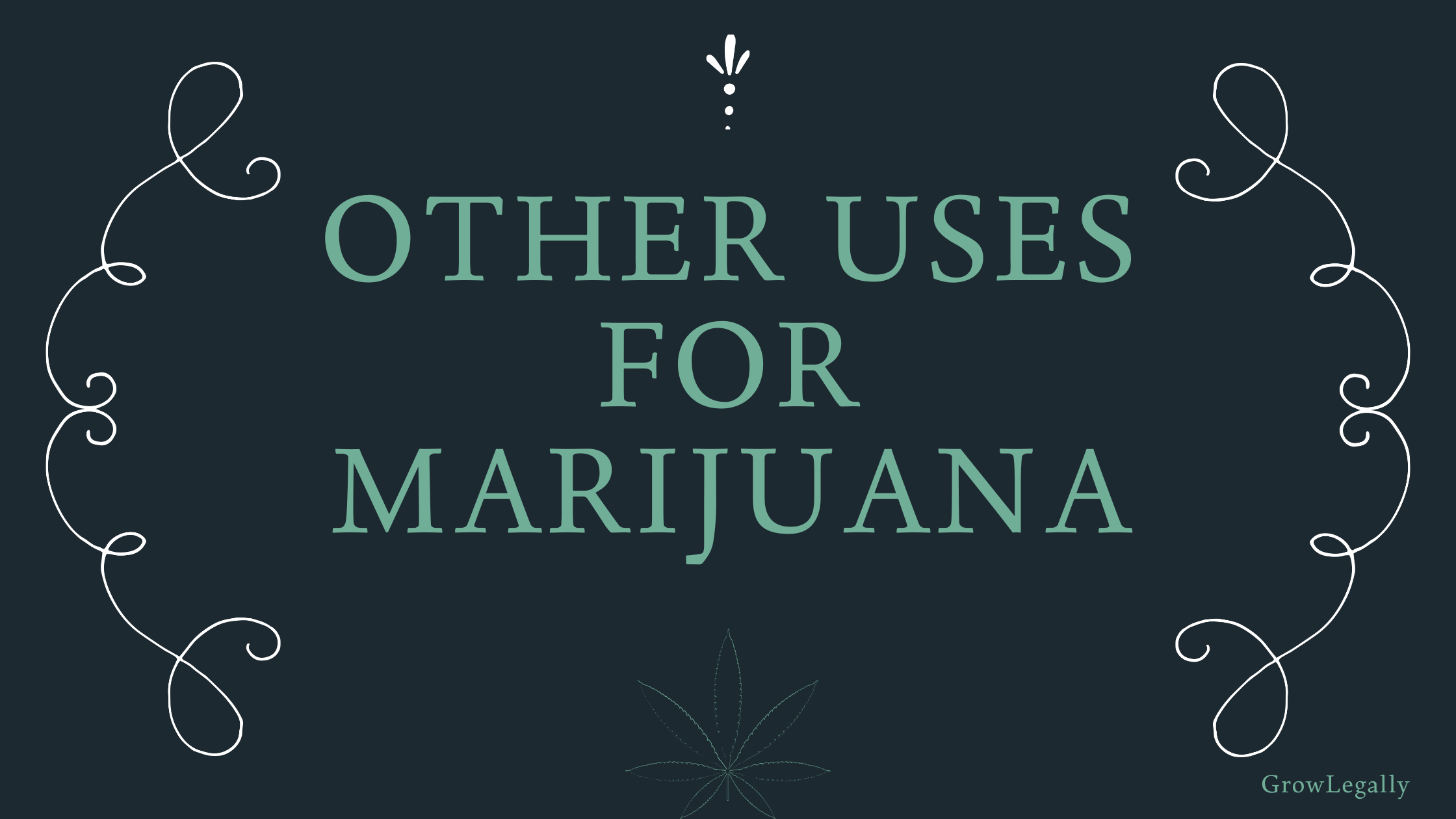
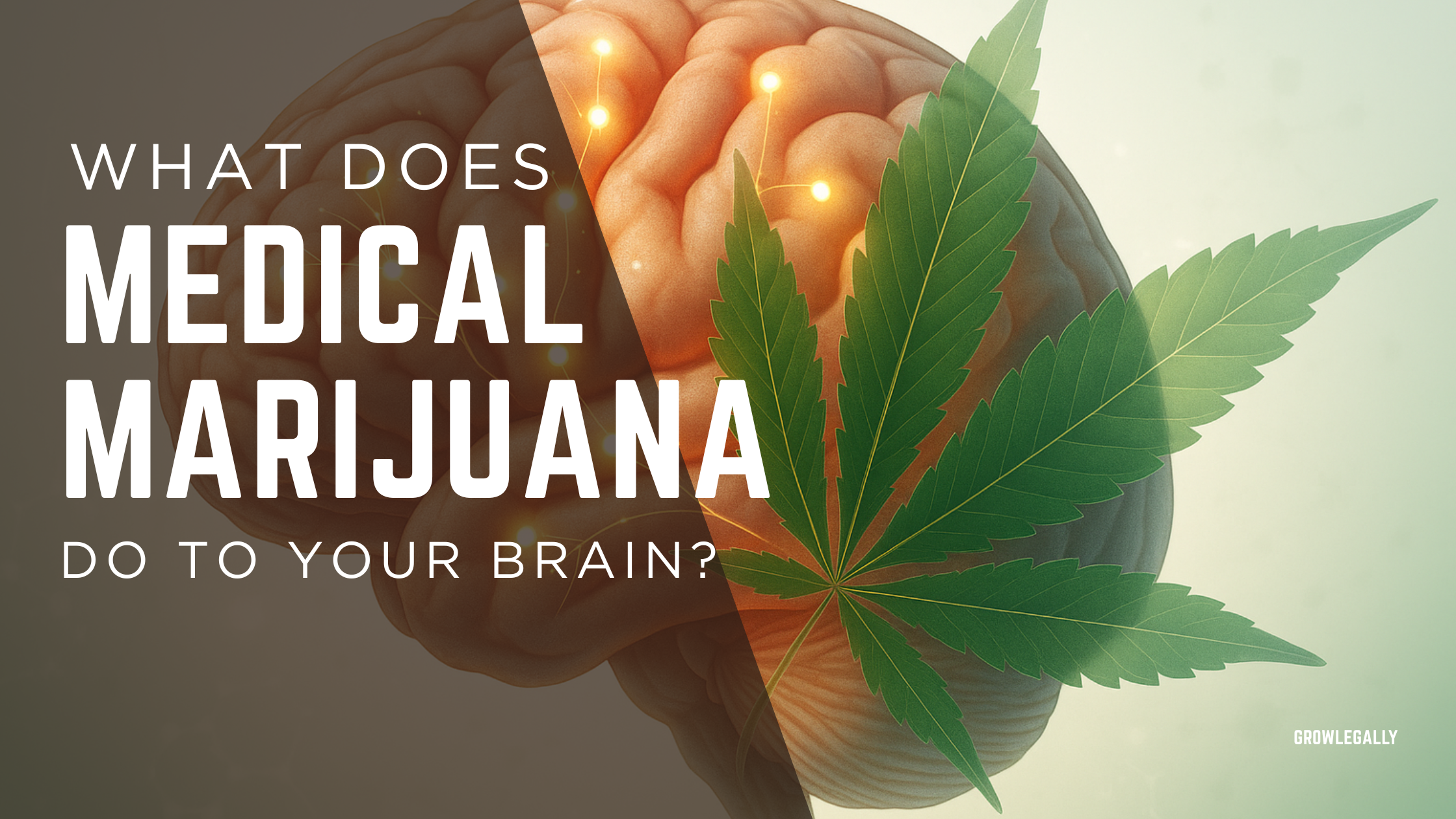
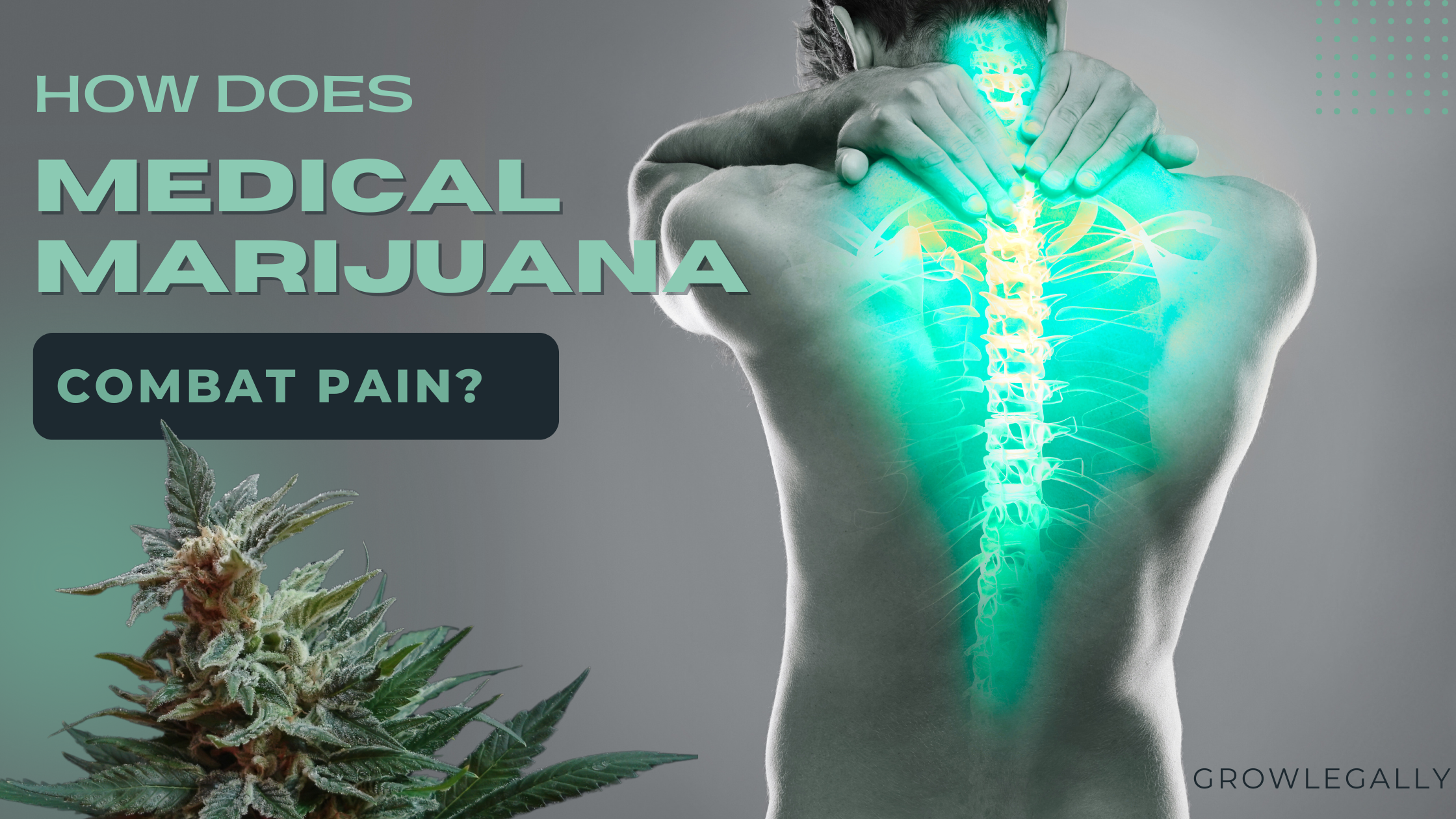
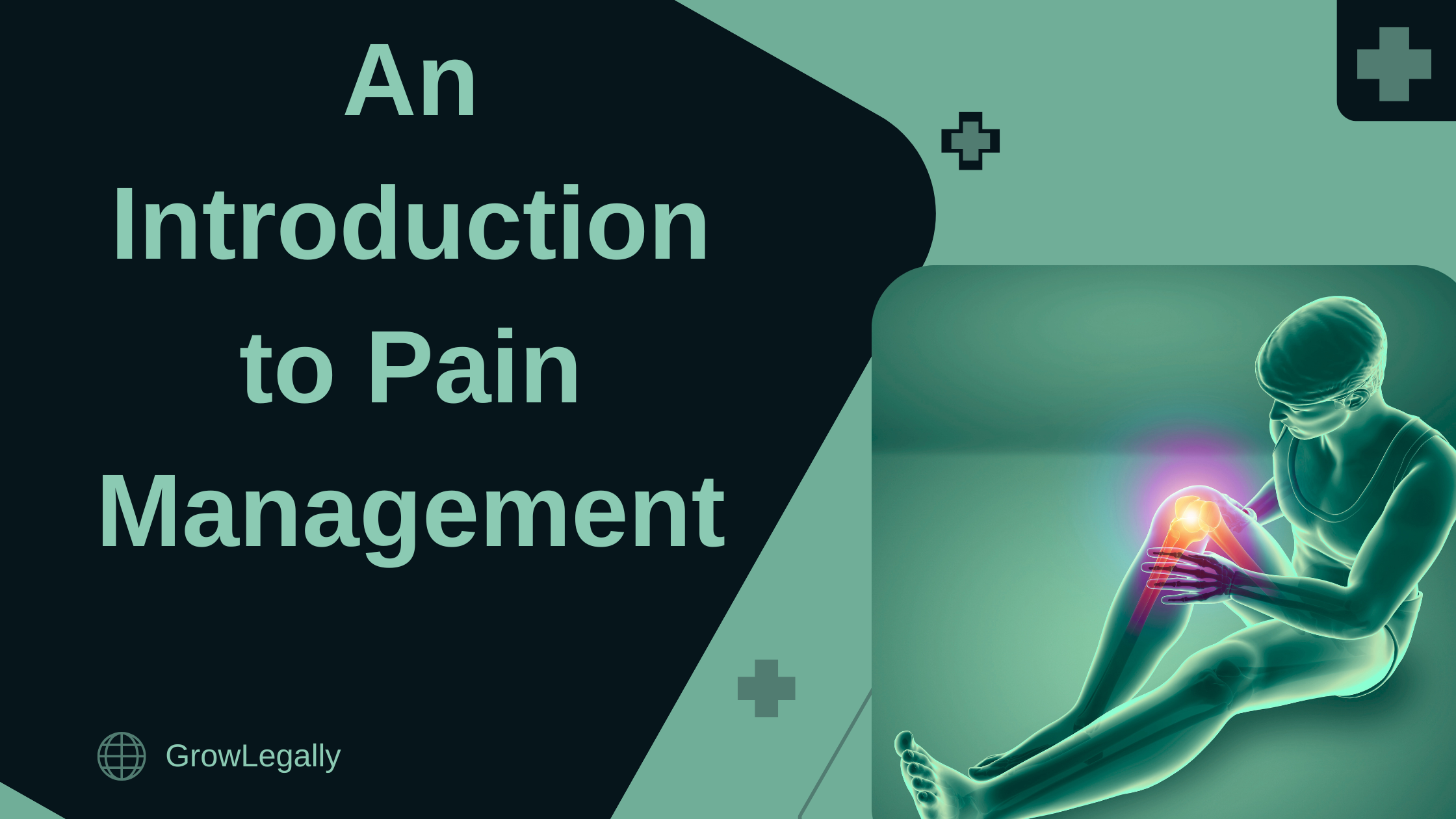

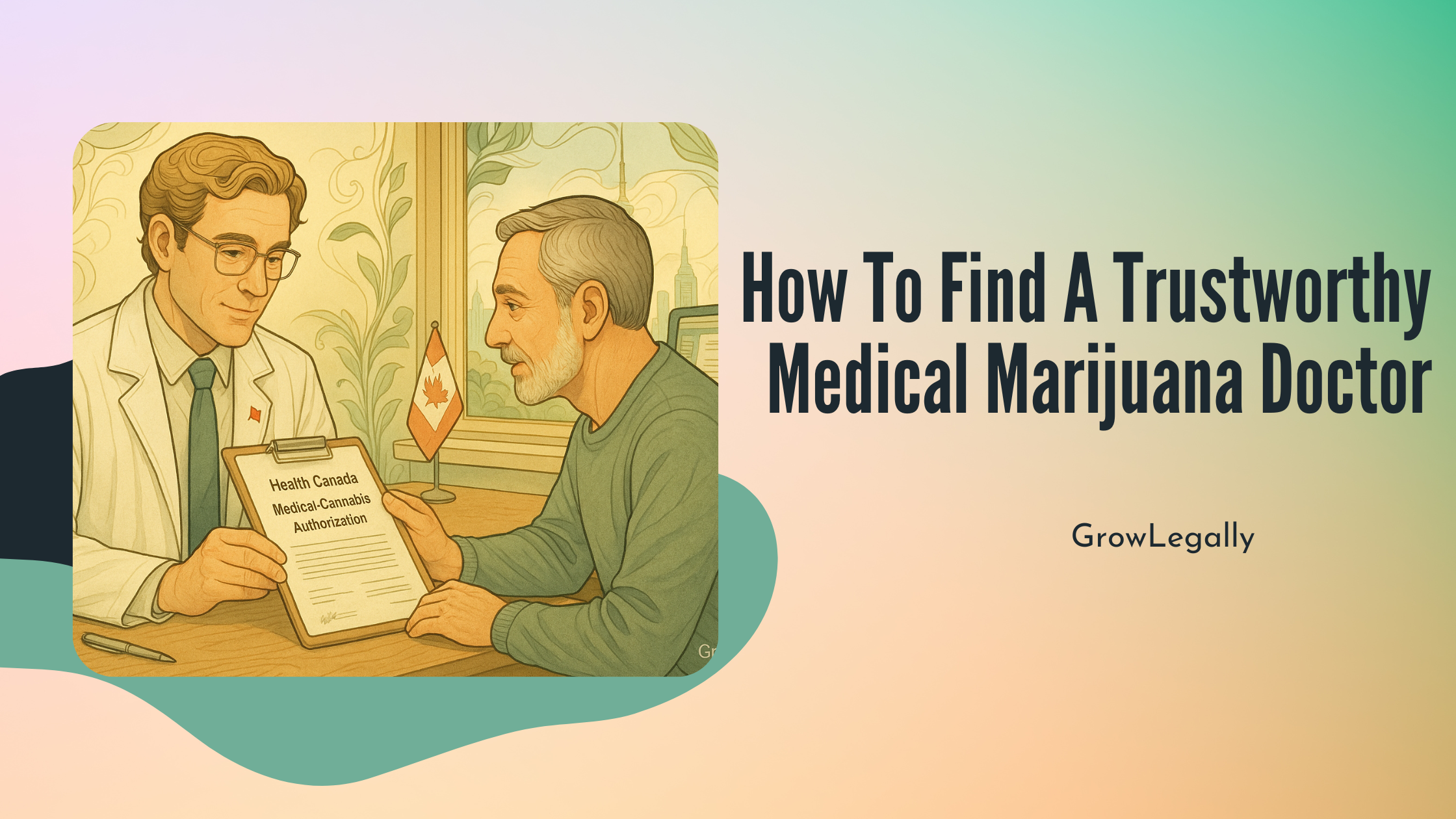

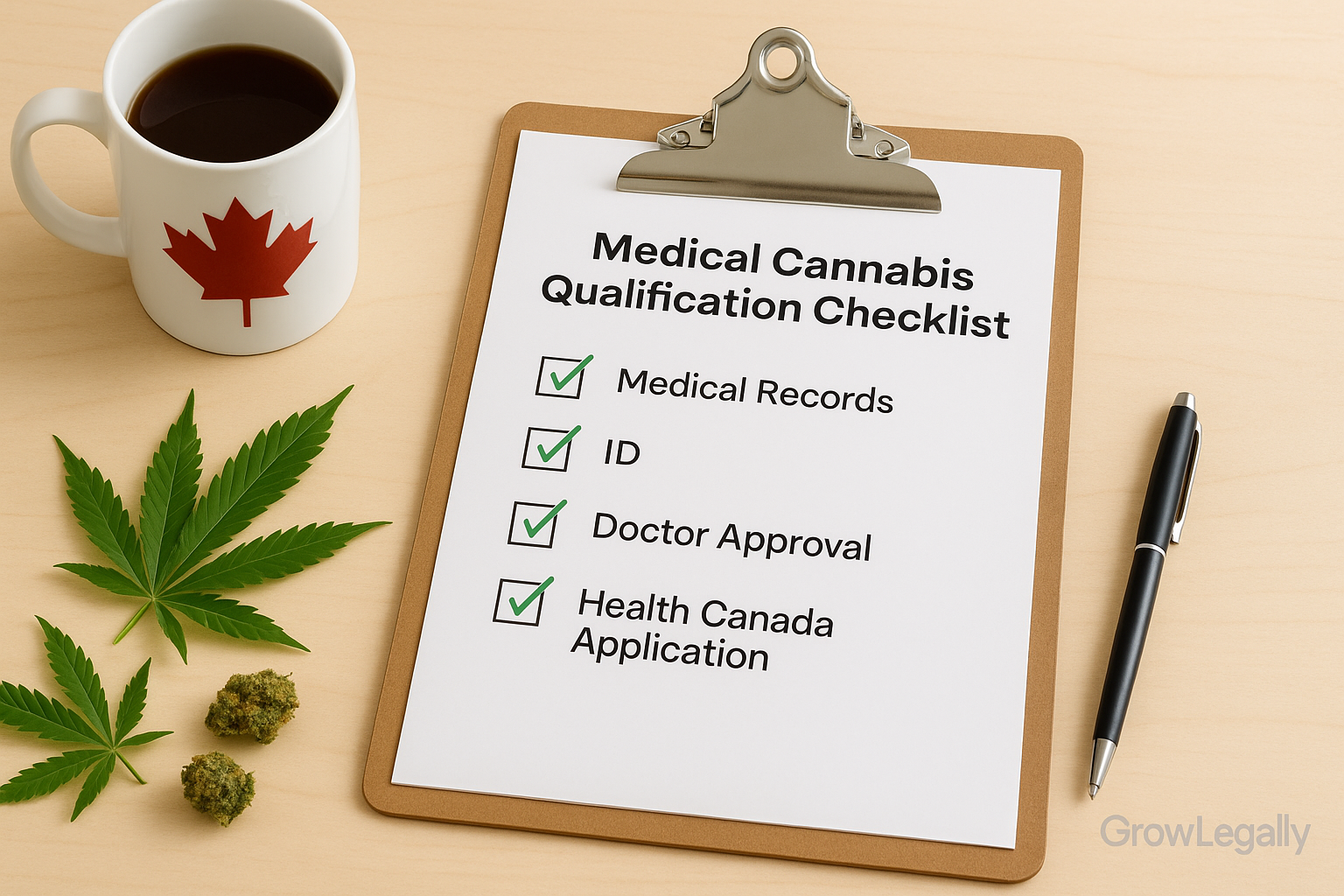
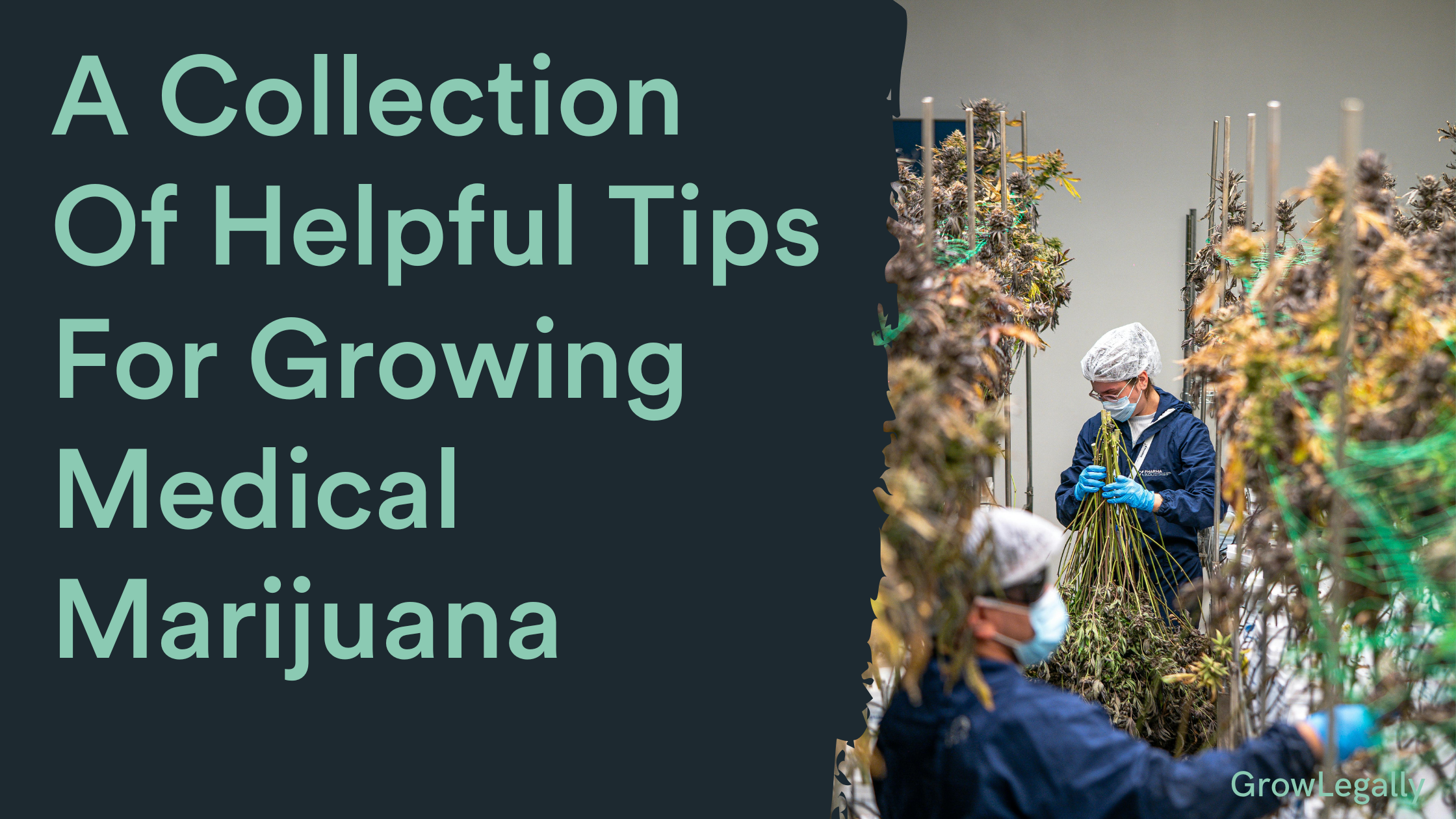
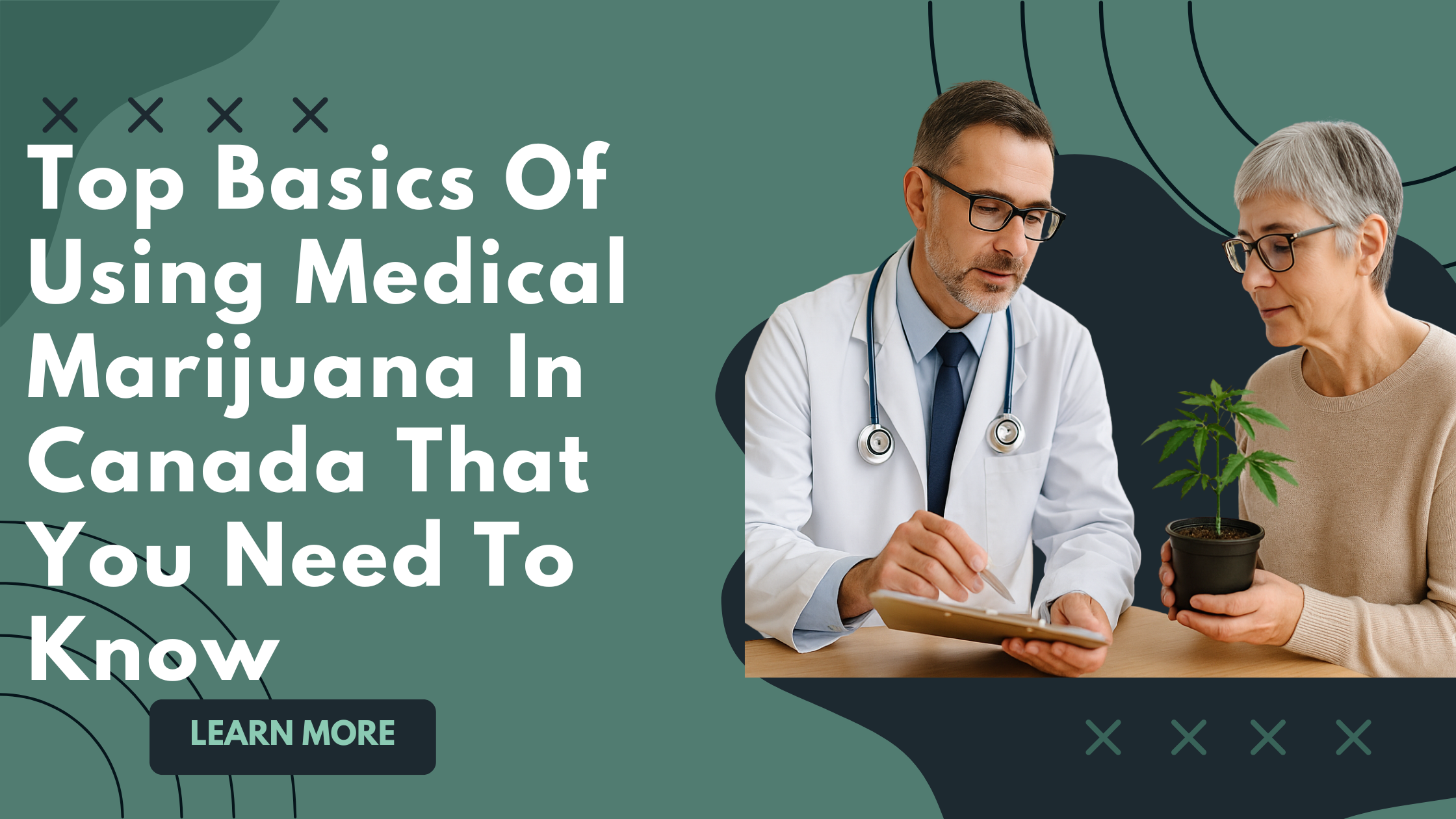



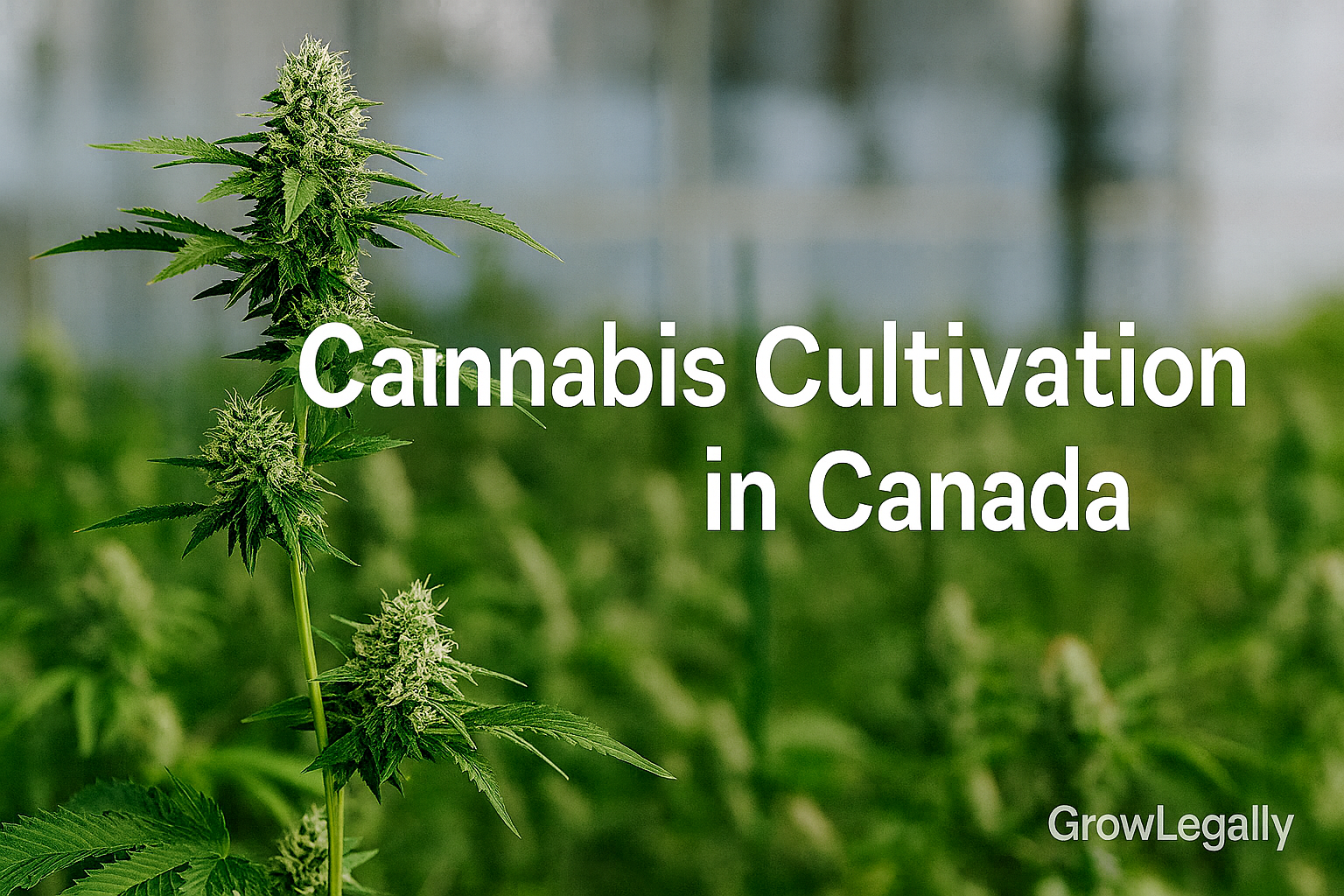
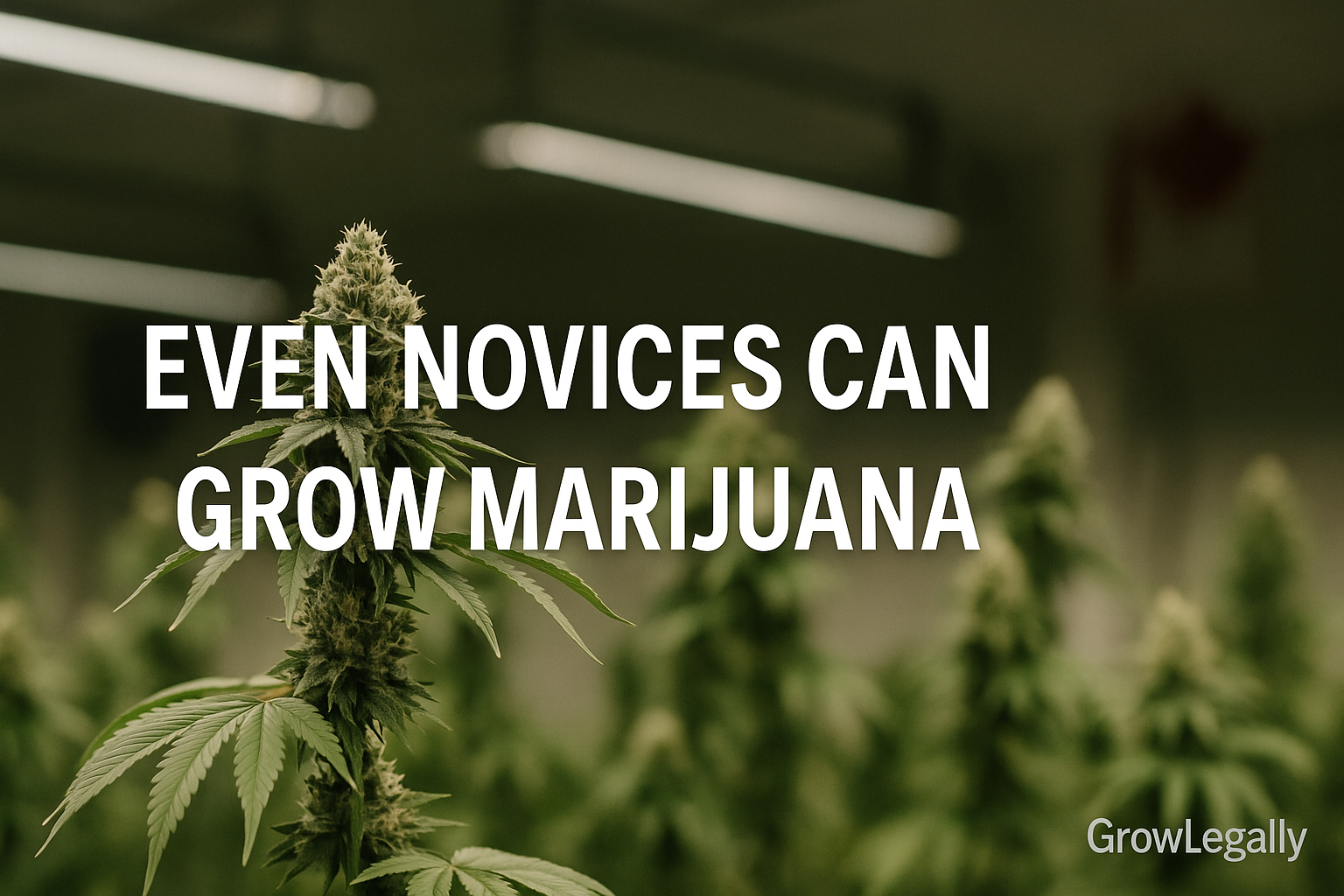


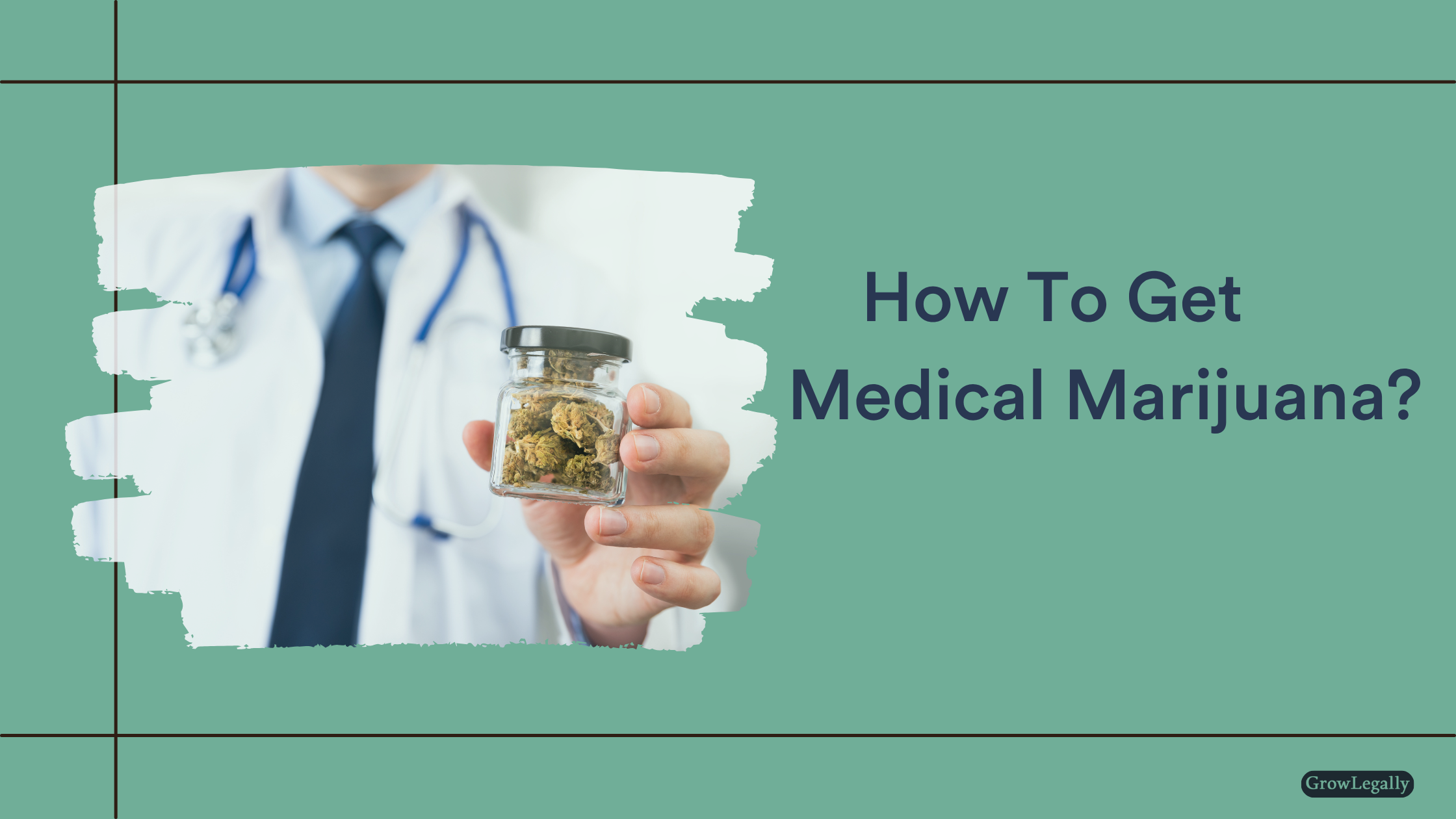

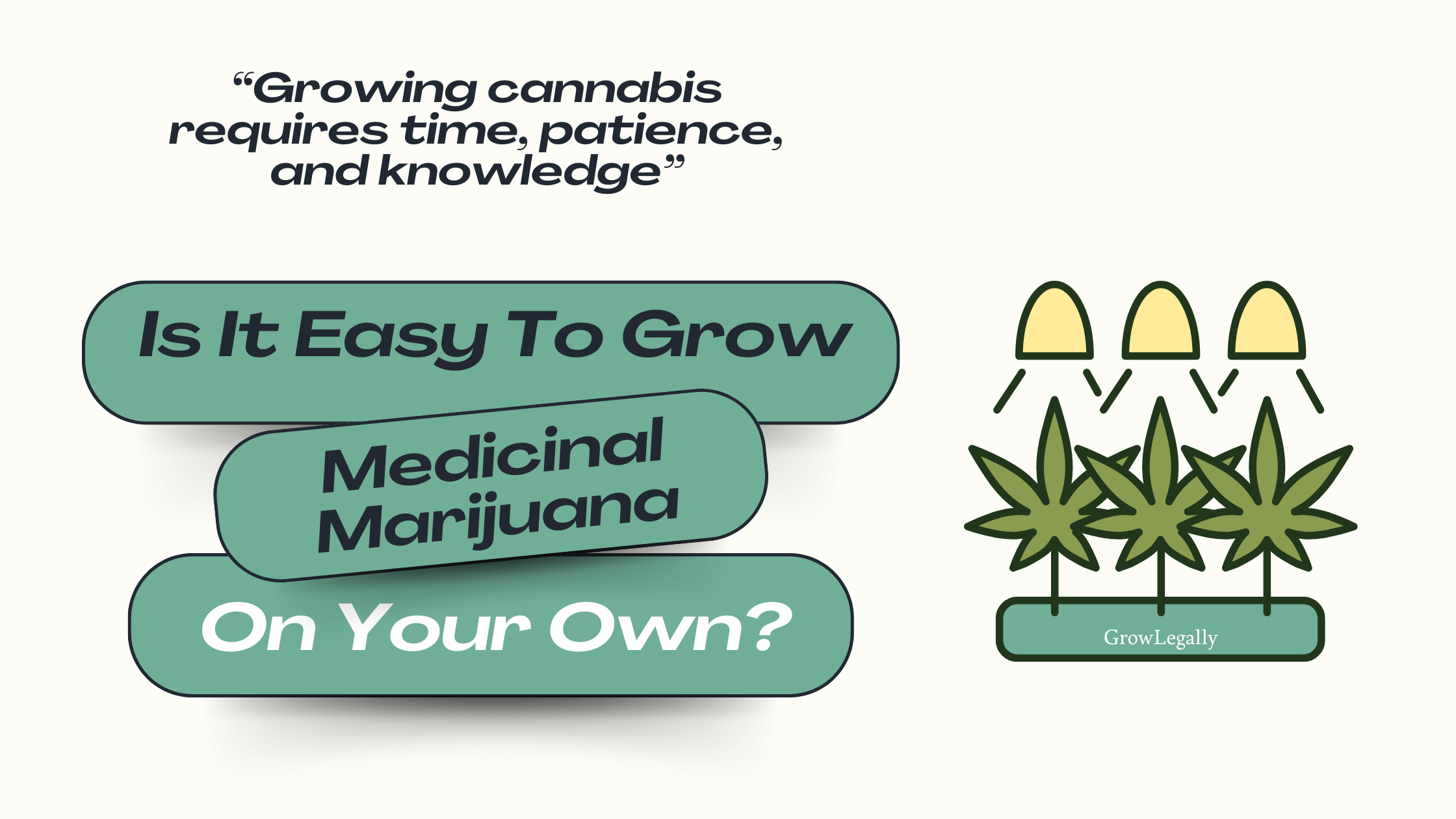






















.png)

















































.png)




























